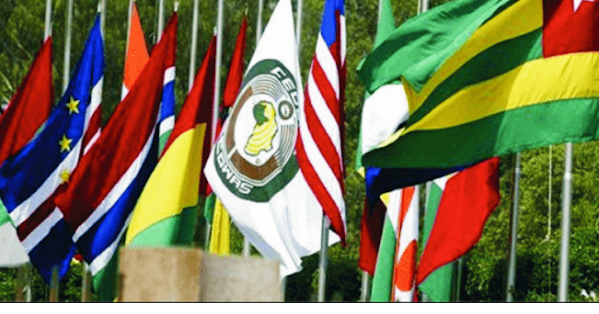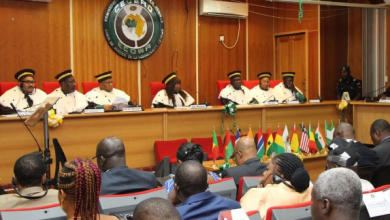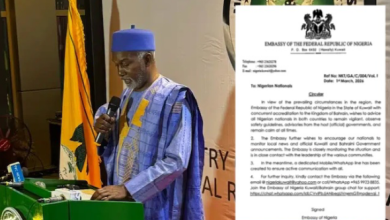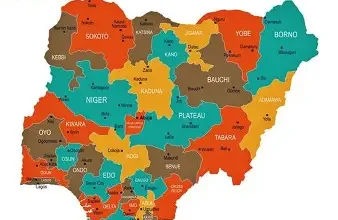ECOWAS calls on Islamic scholars to combat extremism in West Africa

The Economic Community of West African States (ECOWAS) has called on Islamic scholars to play a leading role in addressing violent extremism and terrorism in the region, stressing that education and community engagement are key to preventing radicalization.
Addressing the West African Islamic Conference on Security and Governance in Abuja on Thursday, ECOWAS Commission President Dr. Omar Touray said terrorism posed a growing threat to peace, development, and security across the subregion.
He highlighted the vulnerability of students in traditional Quranic schools to exploitation and radicalisation and emphasised the need to modernize these institutions.
Dr. Touray applauded Nigeria’s President Bola Tinubu for initiatives aimed at reintegrating out-of-school children into formal education.
He noted that such steps help protect young people from being drawn into extremist networks.
He also pledged ECOWAS’ support for updating Quranic schools, calling on stakeholders to transform them into safe centers for learning and skills development.
“West Africa is increasingly at the forefront of the fight against terrorism.
”Our youth, especially those in traditional Quranic schools, are at risk of exploitation and radicalization if urgent action is not taken.
“It is imperative that these institutions receive the attention and resources they deserve to safeguard students and teachers, ” Dr Touray said.
He outlined the ECOWAS Regional Action Plan Against Terrorism, which promotes collaboration among governments, religious leaders, civil society, and security agencies to prevent extremism.
He stressed the importance of combining education reforms with community-based strategies to counter radicalization effectively.
The Emir of Kano, Sanusi Mohammed II, also addressed the conference, urging scholars to foster peace and stability.
“We must build a region where every individual can live safely and with dignity.
”This conference should mark the beginning of stronger collaboration for lasting security,” he said.
Conference participants issued several recommendations, including teforming traditional Quranic schools to blend religious and formal education, improve teacher training, and increase funding, encouraging cooperation between government, religious institutions, and communities to sustain modernization efforts among others.
Delegates noted that extremist violence affects people of all faiths and called for genuine cooperation between Muslims and Christians to prevent terrorists from exploiting religious divides.
They also praised government initiatives, such as Nigeria’s National Commission for Almajiri and Arab School Children Education, which aim to improve oversight and enhance learning outcomes in traditional Quranic schools.
The conference called for multi-sectoral collaboration, stressing that the fight against terrorism and extremism requires coordinated action from governments, religious leaders, civil society, and international partners to build safer, more resilient communities across West Africa.



